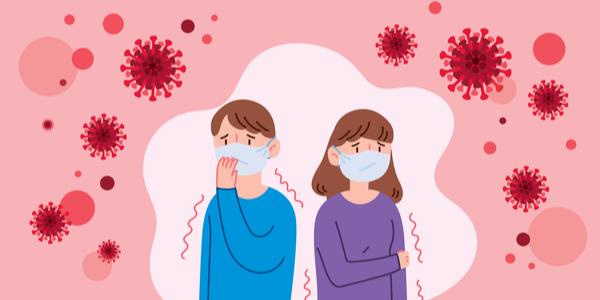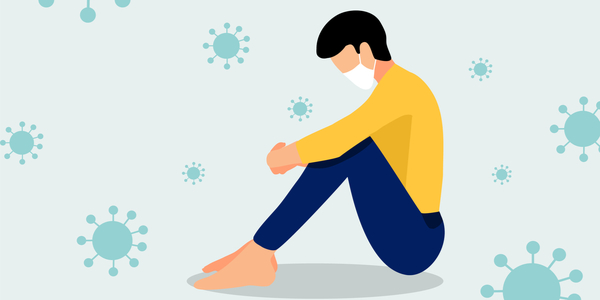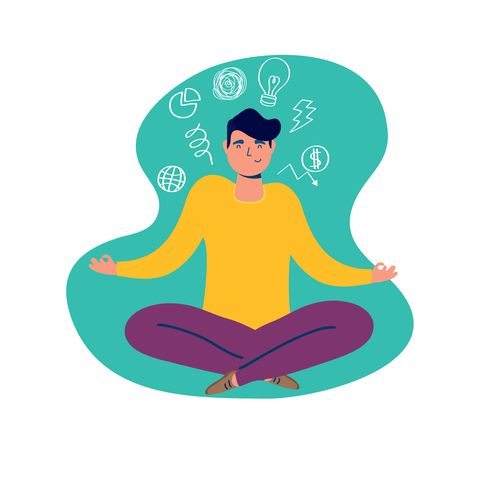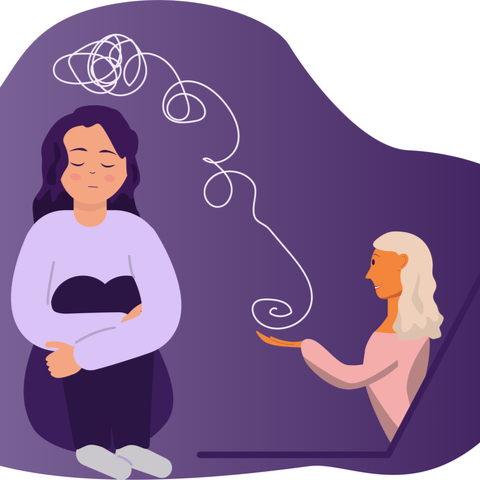
As states around Australia are experiencing different levels of COVID restrictions, many of us are now fearful of the potential of a second wave and the resulting lockdown.
Lockdown was a uniquely challenging time for everyone, whether it was job loss, isolation, feeling anxious, or the fear of losing loved ones. Most of us have not lived through such an extreme worldwide threat and sudden change to our way of life.
There is little doubt that COVID-19 and lockdown in Australia will impact Australian’s mental health. Common impacts currently reported are increased anxiety, depression, trauma reactions, and eating difficulties. Therefore, with a second lockdown potentially around the corner, we will look at how to mentally prepare for another lockdown.
For some Australians, the restrictions put in place to combat COVID-19 have led to:
However, for many Australians COVID-19 restrictions led to harmful impacts that people are still suffering with. These include:

It is very natural that COVID-19 will have had negative impacts on people’s mental health. However, there are particular groups that are more at-risk of having damaged mental health than others.
These are:


The idea of a second lockdown is scary, unsettling and worrying for everyone. It is okay to need some extra support now more than ever. Talking to a therapist about your fears around lockdown and how to cope can help in as little as one session.
Contact your EAP, Acacia EAP on 1300 364 273 (24/7) to gain access to free psychological support.